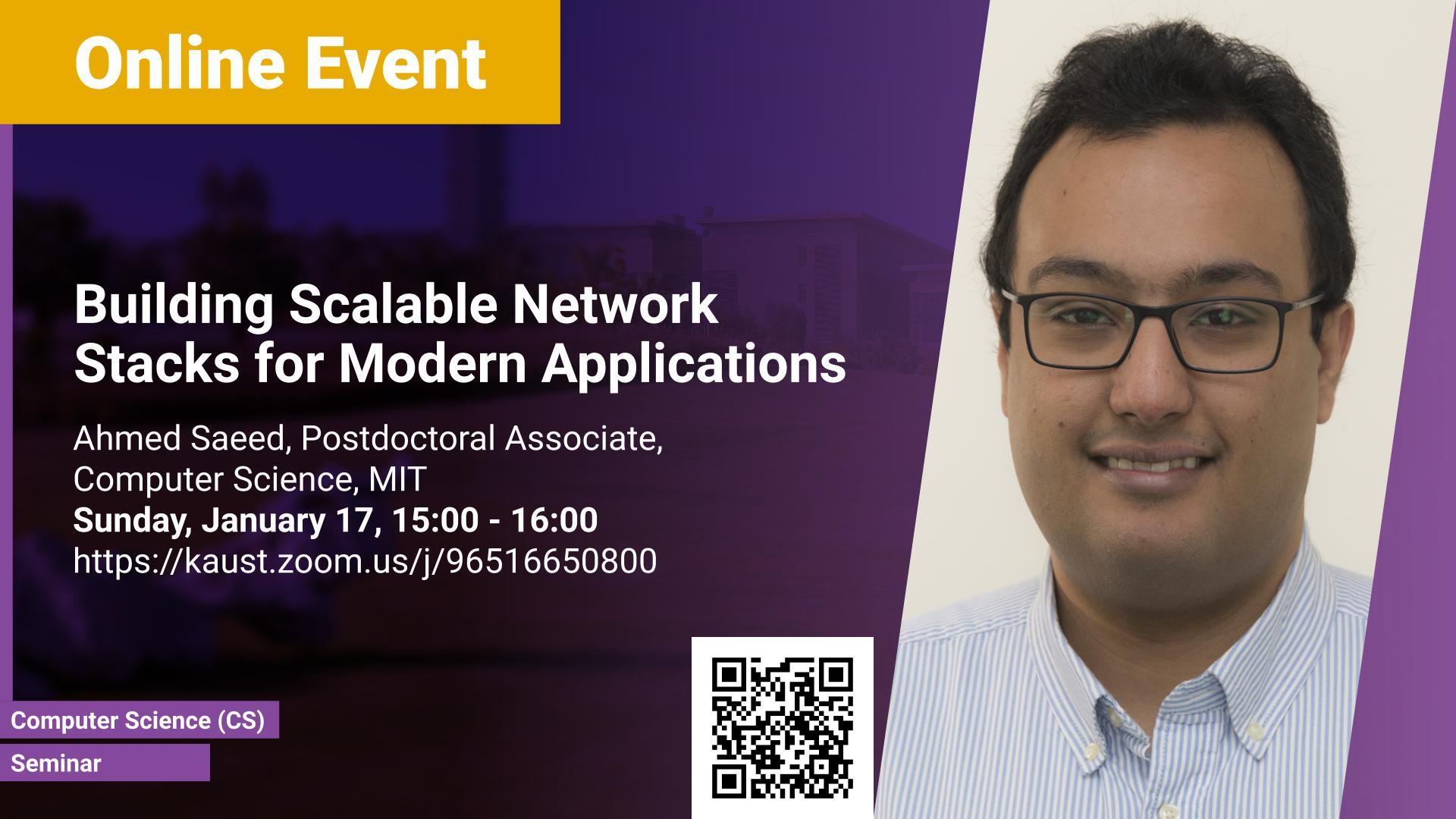Abstract
Modern applications are enabled by large-scale datacenter backends that process and communicate petabytes of data. Developing systems to operate these datacenters is becoming increasingly challenging. Real-time applications and high user expectations enforce strict performance requirements on the infrastructure. Further, there is a fundamental shift in the way hardware capacity scales from simply relying on Moore's law to deliver faster hardware every couple of years to leveraging parallel processing and task-specific accelerators. The network stack in today's operating systems is a remnant from a different time. It simply cannot keep up with modern performance requirements. This talk covers two research directions that address the shortcomings of existing network stacks. The first is on scalable software network stacks, solving problems in different components of operating systems and applications to allow a single server to handle data flows for tens of thousands of clients. The second is on Wide Area Network (WAN) congestion control, focusing on network-assisted congestion control schemes, where end-to-end solutions fail. The talk will conclude with a discussion of plans for future research in this area.
Brief Biography
Ahmed is a postdoctoral associate at MIT working with Prof. Mohammad Alizadeh. His research interests broadly cover the theory, design, and implementation of scalable computer networks and systems, including resource scheduling, congestion control, wireless networks, and cyber-physical systems. Before joining MIT, Ahmed received his PhD in computer science from Georgia Tech, where he was advised by Prof. Mostafa Ammar and Prof. Ellen Zegura. His PhD was partially supported by the Google PhD Fellowship in Systems and Networking. He received his bachelor's degree from Alexandria University in 2010.
